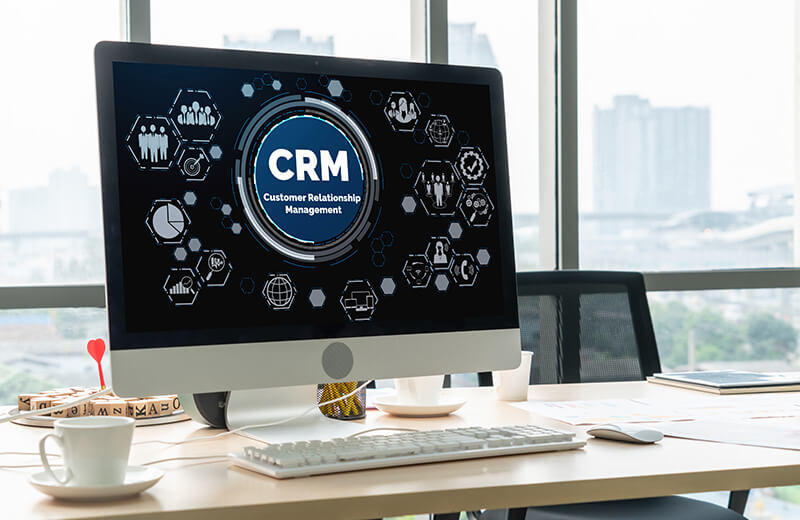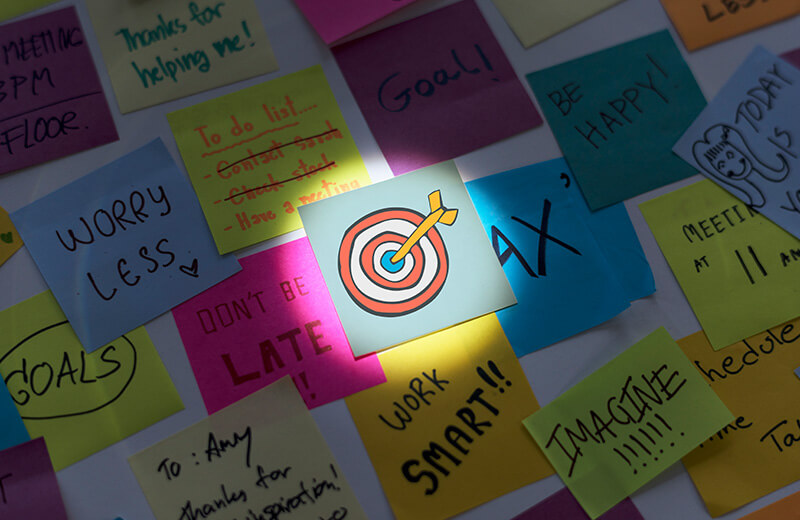
If you have ever tried navigating the world of Customer Relationship Management systems, or CRMs, then it might have occasionally felt like sailing through some particularly stormy seas. One moment you are doing fine and the next you are thrown completely off course by the always-changing tides of tech and user demands. Luckily it doesn’t have to stay that way! Today we are highlighting five common CRM mistakes and how you can transform them from pitfalls to valuable insights.

Now, it is tempting to think that your shiny new CRM system is a plug-and-play; you just put in your info and start using it right away. Unfortunately, one of the most common mistakes we see people make is skipping training for your team early on. Any CRM is only as effective as the people using it and if your staff does not know how to navigate its features, especially the ones critical to your business, that system essentially becomes a costly digital paperweight.
Luckily for you the fix for this particular mistake is fairly easy. Invest in a comprehensive training program for all employees who will interact with the CRM software so that everyone knows what they are supposed to be doing. Most CRMs have training sessions specifically to train teams just like yours or you might engage a CRM consulting firm such as ours to get everyone up to speed. And, remember, continuous learning should be trusted and drilled into the company culture, encouraging users to enhance their skills and productivity.

Next up, customizing a CRM can make it feel tailor-made for your business, keeping the most useful aspects and dropping ones you don’t need, but beware the trap of over-tweaking! Too much customization can lead to maintenance nightmares and confusion among users, especially those who have been trained to expect things a certain way.
To solve this problem it is best to adopt a 'less is more' philosophy when it comes to customizing your CRM. Focus on essential modifications that directly enhance business goals. Make decisions by consulting the team that will use or maintain the system, and ensure customizations support business processes rather than slow them down.

Moving on, a CRM system is only a tool and not a genie to make all your problems disappear with the press of a button. And, most importantly, it cannot do anything on its own. Without clear goals and objectives, i.e a proper plan for what you want your CRM to do and how it will benefit your business, you'll find yourself tangled in a mess of features and data with no defined endpoint in sight.
Instead, start off on the right foot by clearly defining the goals you want to achieve. Are you looking to improve customer engagement, streamline sales processes, or better analyze data? With targeted objectives, you can better assess CRM features and align them with specific business needs. Keep in mind that you will need to regularly revisit and refine these goals as your business evolves.

This is a two-fold problem… A CRM system without data being fed into it continuously is a ship without a compass, but one with too much extraneous info is effectively a digital junk drawer. You want to find the right balance between too little and too much data, and poor data management leads to inaccurate client profiles and misguided decisions.
To fix this, implement data quality measures by regularly auditing and cleansing your database. Also, make sure that there are consistent data entry protocols and implement automated processes where possible to avoid human error. Your best bet here is to assign a CRM leader - a dedicated staff member responsible for database accuracy and integrity.

Finally, any CRM system should empower its users at every level, from the very bottom to the tip-top, and not become some stagnant thing that never updates with the change of time and users. Ignoring the valuable feedback of those who interact with the system daily can cause all sorts of problems, from disengagement to inefficiency and more.
Instead, aim to cultivate a consistent feedback loop with CRM users. This can be done by creating forums or channels specifically for CRM discussions. Also, allow and even encourage staff to propose improvements.Continuous feedback, followed by actionable reforms, can unlock the potential of even the most reticent CRM user.

In the end, identifying these common CRM mistakes and applying out strategic solutions instead will allow business leaders to harness the power of their systems far more efficiently and effectively. Let's turn those potential pitfalls into great opportunities for you and your team so that you can get back to the business of doing business.
At Woggle Consulting, we love Zoho CRM for its flexibility and user-friendly features. For more insights on optimizing your CRM experience, check out our blog on how to migrate to Zoho CRM.